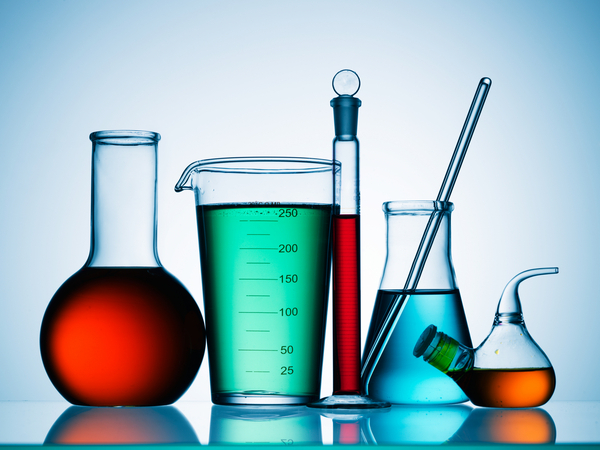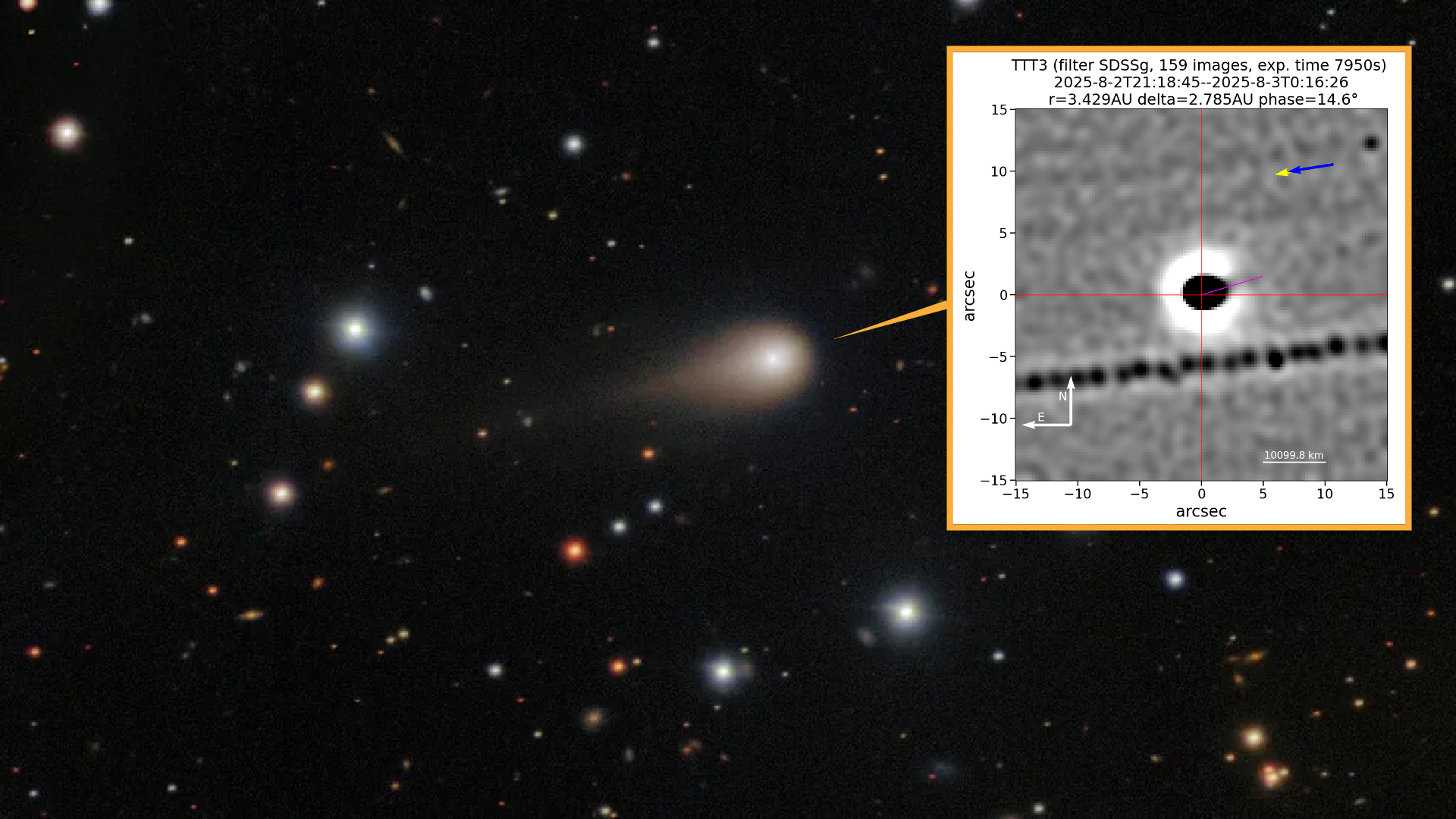
Smoke and Mirrors: Who's Really Fueling Those Bogus EPA Attacks? (Op-Ed)

Seth Shulman is a senior staff writer at the Union of Concerned Scientists (UCS), a veteran science journalist and author of six books. This op-ed, and Shulman's other Got Science? Columns, can be found on the UCS website. Shulman contributed this article to Live Science's Expert Voices: Op-Ed & Insights.
Gina McCarthy, administrator of the U.S. Environmental Protection Agency (EPA), received a much-deserved standing ovation for her major address at the National Academies of Science last week in which she strenuously countered what she called "a constant assault" by a small, vocal group of critics "playing a dangerous game" of trying to discredit EPA science.
McCarthy didn't dwell much on the particulars, but the truth is, a small group of fossil-fuel interests and members of the U.S. Congress continue to use back-room political maneuvers and spurious public attacks in an attempt to demonize and hamstring the EPA. And with new proposed rules to regulate carbon emissions from existing power plants expected soon from the agency, the attack effort will surely intensify.
So far, the attacks have tried to frame the debate as one of government overreach or "secret science," but the intent is unmistakable: to preserve the status quo for some of the nation's worst polluters and keep the EPA from doing its job of using the best available science to protect air quality.
Worst of all, these attempts to undermine science have devastating public-health consequences , including many thousands of needless deaths. But first, let's look more closely at the tactics involved.
The 'Secret Science' sham
A small group in the U.S. House of Representatives Committee on Science, Space and Technology — led by its chairman, Rep. Lamar Smith of Texas — has demanded that EPA hand over the raw scientific data upon which the agency relied to set air-quality standards. Smith subpoenaed McCarthy to submit the raw data (a demand she has yet to comply with) and he sponsored an ill-conceived bill called the Secret Science Reform Act.
Get the world’s most fascinating discoveries delivered straight to your inbox.
It sounds like a call for government transparency, but in reality, is a cynical ploy.
The problem is, as Smith and proponents of the "secret science" campaign know, the EPA and other governmental agencies rely on peer-reviewed scientific studies based upon data that often include many individuals' confidential health information. That personal information is governed by rules that are critically important both for protecting individuals' privacy and making it possible for scientists to conduct this kind of health-related research in the first place.
The particular studies for which Smith and his fossil-fuel allies want access to raw data were conducted by respected scientists at Harvard University and the American Cancer Society, and were based on data covered by just such privacy rules.
The studies in question have already gone through the rigorous checks and balances of the scientific peer-review process in which qualified experts have reviewed the data and protocols used to make sure they meet the most up-to-date standards of in their fields. And, the studies themselves are publicly available and EPA processes are fully transparent, such as making proposed rules available for extensive public comment. Equally important, the studies in question are wholly in keeping with a large body of research on the impacts of air pollution on respiratory illness and public health.
My colleague Andrew Rosenberg, director of the Center for Science and Democracy at the Union of Concerned Scientists, has written eloquently on this issue, explaining that the "secret science" effort takes a page from a well-known playbook developed by the tobacco industry, and since used by many others to undermine public health rules. As Rosenberg explains, "Transparency is important, but this act is clearly intended to allow industry to challenge the rules, slow the process, and cast doubt where there is none." The public deserves access to information about the science upon which government decisions are made, Rosenberg says. But, as he notes, "That's not best accomplished by politicians poring over reams of raw scientific data."
On this issue, McCarthy agrees, hitting a defiant note in her speech to the National Academies of Science. As she put it: "If EPA is being accused of 'secret science' because we rely on real scientists to conduct research, and independent scientists to peer-review it, and scientists who've spent a lifetime studying the science to reproduce it — then so be it."
Life-and-death consequences
If any of this sounds like an arcane battle over scientific protocol, don't be fooled. This and other tactics to delay and sow doubt about EPA science have enormous implications for public health.
Consider that, according to the latest estimates from the World Health Organization, an astonishing 7 million people worldwide will die each year as a result of exposure to air pollution. Think about that for a moment. That's 1-in-8 global deaths, and ranks air pollution as the largest single environmental risk to human health .
The dire air quality in Beijing offers a case in point. The U.S. Embassy there recently released its trove of hourly air-quality data collected from a single monitoring station atop the embassy. While more of a spot check than a comprehensive scientific analysis, it shows that Beijing's levels of particulate matter in the air (the kind small enough to lodge in the respiratory system, known as PM2.5) have averaged 100 micrograms per cubic meter since 2008 — about six times what the EPA deems safe. At one point last year, PM2.5 levels reached over 800 micrograms per cubic meter — literally off the EPA's published charts, beyond the highest level designated "severely polluted."
Here in the United States, our largest cities have escaped a similar fate thanks largely to EPA's enforcement of the Clean Air Act. But the work is far from complete.
Scientific analysis suggests that air pollution still causes some 200,000 premature deaths annually in the United States and EPA air-pollution standards save tens of thousands of lives every year compared to the air quality we would otherwise experience, not to mention heart attacks, trips to the emergency room, severe asthma and other illnesses.
Last week's U.S. Supreme Court ruling finally allows the EPA to do its job on the related front of regulating air pollution that crosses state borders. That science-based, interstate enforcement effort alone, the EPA research contends, will avoid somewhere between 13,000 and 34,000 premature deaths each year.
Use science, save lives
It's worth reading or watching McCarthy's speech in its entirety because her case is so strong: as she explains, the smart application of science has helped the EPA reduce the dangerous levels of all the pervasive air pollutants that harm our health by some 70 percent since the EPA was created in 1970. That success story alone translates to hundreds of thousands of premature deaths averted.
And for those who continue to argue that environmental regulations drag down the economy, McCarthy notes that the economy more than doubled in this same period. What's more, she refutes some of the erroneous economic claims along the way, such as the contention that requiring catalytic converters in cars would destroy the auto industry.
It's high time we recognized that environmental regulation most often brings benefits to the U.S. economy in jobs, improved health and innovation. Far from the tired talking points of fossil-fuel interests, economic analyses have shown that the existence of the Clean Air Act programs, counting all associated costs, have resulted in a net economic benefit of $22 trillion.
But, regardless of the economic benefits, EPA's science-based standards would still be arguably worthwhile to prevent the kind of deadly air pollution still found in many other countries around the world. It makes the spurious attacks on EPA's laudable science-based work all the more galling.
Here again, McCarthy put it best. As she noted, "When we follow the science — we all win. This country and the world move forward."
Shulman's most recent op-ed was "Threats and Hate Mail Reveal Climate Disinformation's Dark Side." This op-ed, and Shulman's other Got Science? Columns, can be found on the UCS website. Follow all of the Expert Voices issues and debates — and become part of the discussion — on Facebook, Twitter and Google +. The views expressed are those of the author and do not necessarily reflect the views of the publisher. This version of the article was originally published on Live Science.

